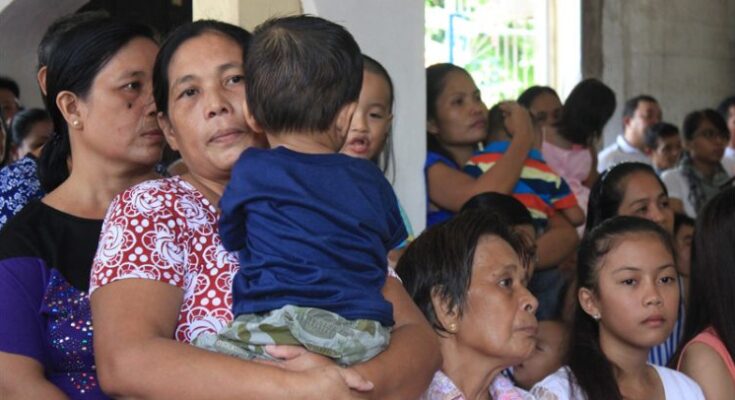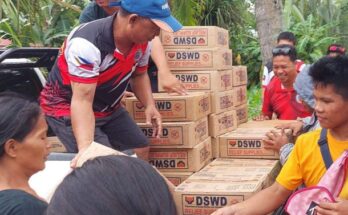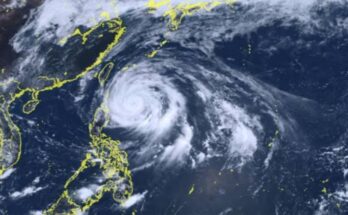WOMEN and children are 14 times more likely to die in crisis, ActionAid Australia chief executive officer Michelle Higgelin said Tuesday.
In a press conference during the ongoing 2024 Asia-Pacific Ministerial Conference on Disaster Risk Reduction (APMCDRR) in Pasay City on Tuesday, Higgelin said women and children are more vulnerable than men in times of crisis, especially in areas devasted by natural disasters due to climate change.
“Women are four times more likely to be displaced in a disaster. In every crisis, violence against women and women’s unpaid work increases,” she said.
“Climate change is exacerbating gender equalities, increasing women’s vulnerability and resulting in greater economic losses among women because they are concentrated in insecure jobs or informal labor.”
Action Aid is a global federation that aims to build international momentum for social, economic, and environmental justice.
Its offices in 45 countries receive funding from individual giving, philanthropy and partnerships, and institutions among others to respond to emergencies, promote women’s rights, and challenge climate crisis and its impacts.
Higgelin said women play an important role in transforming disaster response and leading more equitable climate solutions in Asia and the Pacific.
She emphasized that such solutions build community and economic resilience, create more sustainable livelihoods, and reduce gender inequality violence and conflict.
Governments in the region are urged to establish greater policy coherence to achieve gender equality across the climate and disaster scenes.
They are also urged to prioritize support for the leadership of women and resourcing women-led efforts.
“Less than half of national action plans on climate adaptation in the region recognize women as leaders and only seven commit to targeting funding to gender-responsive outcomes,” Higgelin said.
“More than a third of nationally determined contributions on climate change are completely gender-blind.”
To ensure gender-responsive disaster risk reduction in every country, Higgelin recommended improvement in data collection for all climate change and disaster-related activities to better target efforts to the most vulnerable.
She also recommended increased funding for women-led and gender-responsive climate action.
Local disaster risk reduction
Zamboanga del Sur Disaster Risk Reduction officer Noriben Jay Luguban said the Philippines’ commitment to this initiative at the local level is translated into actions.
Citing the activities of their local government, Luguban noted that gender equality is practiced in all aspects of the development process.
“In disaster area vulnerability, increased assessment, and in all the dramatic areas, we should have women in the leadership position,” he said.
“In allocating the funds, for instance, 5 percent of the total annual appropriation, in order to ensure that issues with regards to gender sensitivity shall be addressed, and consistently apply policies in the parties for the participation women.”
A year after the Philippine Disaster Risk Reduction and Management Act of 2010 was approved, the local government of Zamboanga del Sur established its own disaster risk reduction and management unit.
Luguban said this unit has been active in providing emergency assistance to their residents who became victims of major typhoons, such as Pablo in 2011, Sendong in 2012, and Vinta in 2017.
He added that their local government invested in early warning systems and provided livelihood projects, especially for women in partnership with the Department of Science and Technology, Department of Trade and Industry, and other concerned agencies.
“Apart from bamboo crafts, the noodle-making out of vegetables, in partnership with the Center for Disaster Preparedness, is the most famous livelihood activity among the women in our area because it increases the shelf life of our vegetables and it provides good nutrition for our families,” he said. (PNA)





